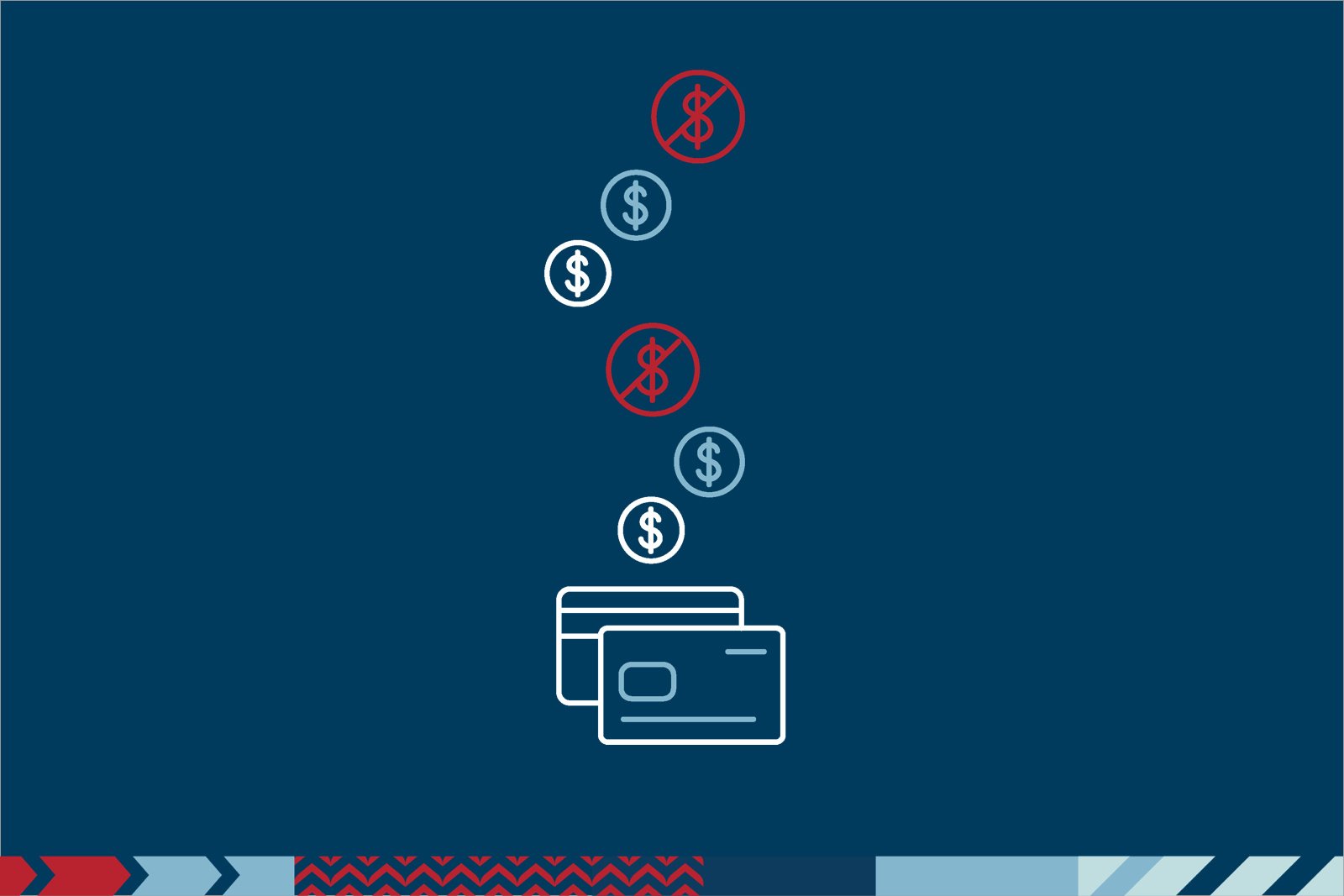Riffing Out Loud: The Credit Card Competition Act of 2023

The Credit Card Competition Act of 2023 is proposed legislation, with bipartisan support, aimed at reducing credit card interchange fees, aka swipe fees—transaction fees that merchants pay to banks on consumer transactions.
The new legislation is designed to open up competition with credit card processing giants, Visa and Mastercard, which process approximately 75% of all credit card purchases in the United States. Given their dominance in the market, lawmakers view Visa and Mastercard as a duopoly.
If passed, the legislation would require the largest credit-card issuers—those with assets over $100 billion—to enable at least two credit card networks to be used on their cards. At least one of those networks would have to be outside the two dominant suppliers, Visa and Mastercard.
Would this benefit consumers?
The idea is that the competition created by this legislation would drive down interchange fees that currently cost merchants 2% to 3% of each Visa and Mastercard transaction. Lawmakers believe that if lower-cost competition is available, merchant interchange fees would be reduced, and merchants would pass the savings on to consumers.
This proposed legislation has staunch support from the retail industry, including the National Retail Federation, the National Restaurant Association, and the National Association of Convenience Store. If the legislation passes and fees are driven down, it’s a win for merchants. Whether they pass those savings on to consumers is questionable, however. It’s possible that some, or all, of the reduced fees would remain a bottom-line benefit for merchants.
How might this legislation impact loyalty programs?
Loyalty programs with a credit card component could be affected by this legislation. Banks that issue credit cards receive most of the interchange fee revenue for charges made on their cards and use a portion of these fees to cover the cost of their loyalty program benefits. If revenue from those fees is reduced, perks and rewards for loyalty members may be reduced accordingly, or other payments, like late charges or annual fees, may be increased to offset the diminished revenue from interchange fees.
Key takeaways:
- This proposed legislation aims to lower credit card interchange fees paid by small-business merchants and consumers by creating greater competition for Visa and Mastercard card processing network services.
- If the legislation passes, it would be a loss for banks and Visa/Mastercard and a win for merchants. It’s questionable, however, if consumers will benefit through a trickle-down effect of reduced prices.
- Credit card loyalty program members could see a reduction in benefits—or an increase in other fees—if card issuers lose revenue from reduced interchange fees.
- There may be a windfall competitive advantage for the American Express and Discover/Capital One networks, which wouldn’t be affected by the proposed new law.
Note: On March 24, 2024, Visa and Mastercard reached a settlement with U.S. merchants to lower credit card interchange rates and cap those rates into 2030. However, Senator Dick Durbin (D-IL), the act’s lead sponsor, says the settlement only confirms that it’s time to pass this bipartisan legislation.
Barb Olson is vice president, Strategic Services for The Lacek Group, a Minneapolis-based data-driven loyalty, experience, and customer engagement agency that has been delivering personalization at scale for its world-class clients for more than 30 years. The Lacek Group is an Ogilvy company.

